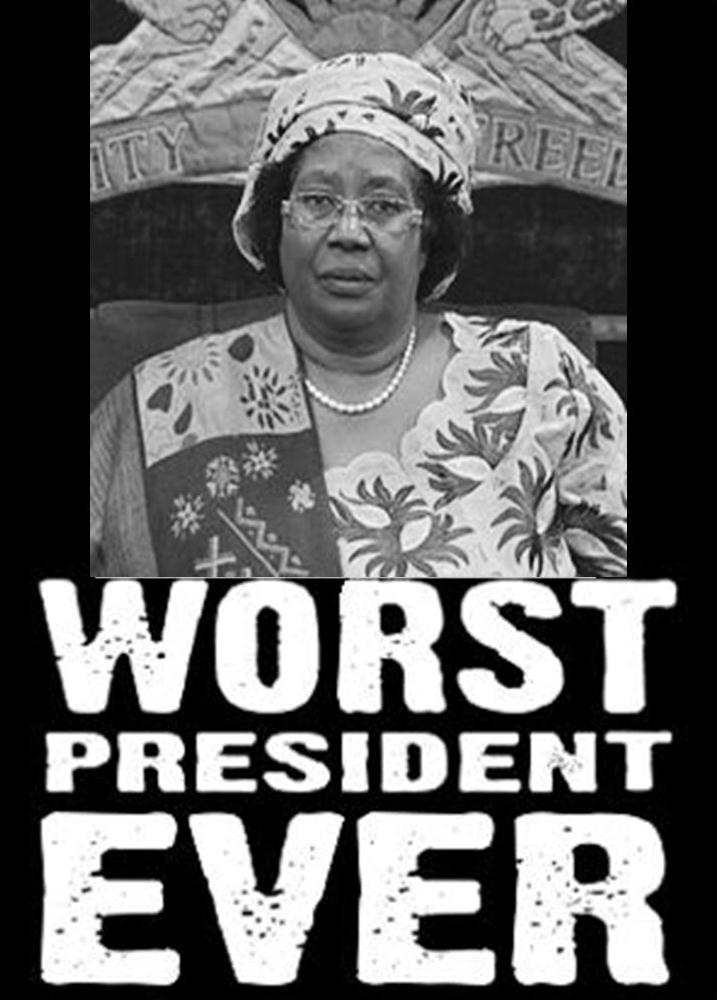Malawi’s platinum-selling artist, Onesimus is soaring high with his gender-based violence (GBV) sensitization song ‘Solomoni’ as it is number 1 on iTunes top 100.
The song, recorded and composed in his native language Chichewa is directed towards men who mistreat their spouses and feel no shame or guilt for beating them which he says is not acceptable nor excusable.
Solomoni is number 1 on iTunes in South Africa, Botswana and it is also been dominating with ‘some nice numbers’ in Swaziland and Zimbabwe.
It has also been dominating Uganda airwaves clinching the number 1 spot in musical programmes.
This makes it the song of the year in the prevention and fight against GBV not just in Malawi but also across the African continent.
Onesimus, the only Malawian Male artist to have won an award at the 6th All Africa Music Awards (AFRIMA ) under the Inspiration Music category.
” This is not a personal triumph to say, I’m just happy that the message of GBV is being spread and people are embracing it. It is everyone’s victory because the more people get to hear and learn about what GBV is really about, that’s how we can eliminate it, “said Onesimus.
In 2020, Onesimus had projected the song to be a hit of 2021and he stands by his word as the song has turned the tables in the music industry.
“Looking at the response of people; how they are loving the song, and telling from how the song has been so well received by the people I would say yes! This song is the song of the year!
Solomoni has broken barriers and is getting heavy rotation in bars, clubs and other avenues which Onesimus has no objections to the latest trends.
“I’m bringing joy to the people, I know my message, and I don’t care where the music is being played,” he said.
Music analyst, Gregory Gondwe said one of the unique thing about Onesimus productions lately is that he sings about real life in a Christian frame.
“It’s an approach that others feel borders on secular music. In the case of Solomoni it’s a unique way of discouraging GBV from a Christian perspective other than from the point of Human Rights and criminality,” Gondwe said. –




